| |
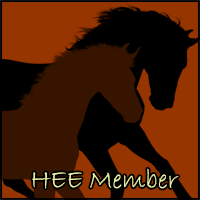 |
So I've decided I want to try and write a book,however I know nothing about writing books. I don't even know if I want to publish what I write but I've had this idea for a few years and I finally think I want it to be out in the world in some form. I do have a few characters that I've created,but I know I still have lots of work to do on them. I don't even have a base world for them,so I'm not sure where to start with building that. I don't know what plot I'm going to go with,or even which character I'm going to use as the main character. I'm thinking of doing a fantasy type setting but I'm not sure since I don't have a solid foundation for any of this,I'm literally starting from nothing but the few OCs I've made. What makes a good characters? What makes good world building? What makes the story compelling? How do I want the characters to meet and interact? What leads to character development? What method of dialogue do i use? Are all questions I'm asking myself and don't have answers too. |
|
|
| |

|
So as someone who's been in a similar situation, though I'm farther along in writing now, the YouTuber Abbie Emmons has been really helpful. She's a writer who has a lot of easy to understand videos on different parts of the writing process. Her explanations of character and plot development were especially insightful, just helping me think of things I wouldn't have otherwise. Also, if you have any kind of an idea what you want for the setting, it may be good to just start writing and figure out what works with those characters and what doesn't. I waited way too long to start putting words on paper because I got so bogged down in having every detail perfect in my world before I started. The thing is, your answers to some of those questions may depend more on your specific characters and writing style, so just practicing with them will help you figure out, for instance, the best way for them to meet. Also, getting into the habit of writing so many words per day will help when you actually know what you want to write. |
|  |
|
| |
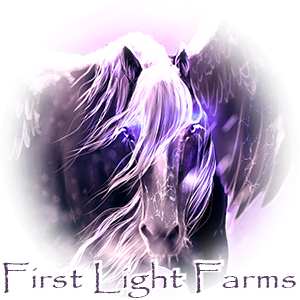
Trivia Team |
Just write. Your first book isn't going to be publishable. Neither will your second. Writing is a habit. It takes a lot of time and practice to develop your voice, and your sense of storytelling. Write and write, and then step away from your project and come back to it a few weeks later and reread it. Find people that will be willing to read and be honest about your work. Read books, and then reread them. Dissect them. Figure out what makes them tick, why one book works for you and another doesn't. Read reviews and see what people think about books as well. For me, my favorite question to ask before starting a story is "What if?" What if we could actually escape into books? What if H2O had taken itself more seriously? What if a girl lost her memory and found herself in the middle of a war with powers that could stop the war, only she doesn't know which side she wants to win? Okay, that last one is a little specific- I spent a long time working on that 'what-if'. So start with a simple what-if. Let the story build from there. Push your characters and yourself into uncomfortable places, and see what happens. Just write. This is your place to explore, to have fun, to push your boundaries and research and develop stories and people and places. Read other stories, enjoy them, figure out what you like and why. Look at the questions you asked. What makes a good character? Who are your favorite characters, and why? Why does a particular story compel you? Why does one not? What's good world-building, and how much building do you need to do? Brandon Sanderson also has some excellent workshop videos on Youtube. Highly recommend listening to him. Even if you don't like his books, the man knows his craft- and how to teach it. |
|  |
|
| |

|
I agree with luck, my best stories came from me just writing, I never planned them, though I advise planning things :P |
|  |
|
| |
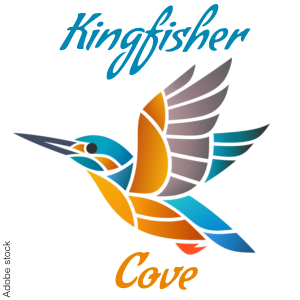
|
Not sure if this helps at all, but I use this story outline: - The backstory haunts the central character
- The catalyst gets the character moving. It’s part of the story setup.
- A The big event changes the character’s life.
- The midpoint is the point of no return or a moment of deep motivation.
- The crisis is the low point or event that forces the key decision that leads to your story’s end
- The climax is the showdown or face-off between your central character and the opposition
- The realization occurs when the character or the audience realizes the character has changed or realized something
Harry Potter is a popular story that uses this outline. |
|
|
| |
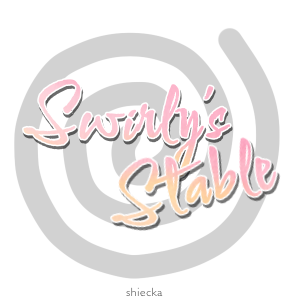
|
Just figure out the main points and write based on that. It'll take loads of tries but you'll get there in the end. When it comes to characters, you end to give them a personality. This will help in so many ways: how they will act in certain situations, what they might do, how they react, think, live. Second, the world building can be quite hard but going back to the main points helps. This will help you understand what the world better. Example: there is a fight. Think about things that relate to a fight. So you don't want it in a sunny meadow with flowers, but more in a dark spooky place or somewhere that, like I said, relates to thoughts about a fight. Stories need action, adventure. If it's too boring, people won't want to read it. Next is a villain . In almost all books there is a villain or bad guy, from bullies to robbers, evil magicians to beasts. There is usually a character with bad intentions. Another thing that readers enjoy is humour so try to add it in every now and then. Also, romance and betrayals. These will get the reader excited for more and eager to read on. Plot twists. These are what makes books so enjoyable and exciting. Examples: The secret bad guy boss is the main character's own family member. The villains child is the one who betrayed them. Things like that can make your story that much better. Also don't overthink things. Remember to have fun, push boundaries and enjoy yourself. The sky's the limit! Hope this helped! |
|
|
| |
 |
First off you should brainstorm a few main characters, they don't have to be perfect, just get the characters in your head. Next figure out the plot, you need a problem. You need something that gets people reading I would say, next figure out the setting. Where do your characters live? Why do your characters care so much about the issue? Why does it matter to them? I would then figure out some kinks, like backstories, fears, anything random. Then you should get a chapter plan. What you want to have in each chapter. |
|
|
| |
 |
I have been telling stories my entire life, according to my mom. I took a creative writing class in sixth grade and was writing children's short stories. A few years later I began focusing more on poetry. I am trying to publish a poetry book for and about people with various disabilities. There are many people from my family, to day program staff, to caregivers, to others that work in the disabilities community that have my back. Unfortunately none of them know how to publish a book. As someone else mentioned, just start writing and see where your imagination takes you. You may have one or two ideas, but once you put words to paper, it may go in a completely different direction and that's OK. I don't know how old you are, but many writers don't get published until they are in their 40s, 50s, 60s, or older. Some may not be published until after they die. I am 44 and though I started this particular poetry book at 22, until this past year, I never thought my dream would even come close to becoming true. Good luck and hope this helps. |
|
|
| |
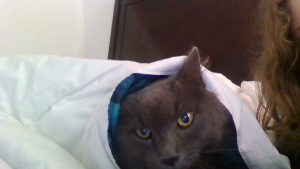
|
Light has a good point but I've been writing stories for a while, and they generally get good reviews, I haven't published any of them but I plan to, when I write I become one with the story I am writing, people have always been surprised at my talent but at first I didn't want to be a writer, I only wrote stories for fun. I have also taken many writing classes and have studied the arts of trapping people into my stories. Of course I'm not a proffesional writer, I'm still pretty young. My way is not to worry about how you can make your story interesting and appealing, it's to just go with the flow. Don't be to tense and stressed, just let your brain work it's magic. |
|
|